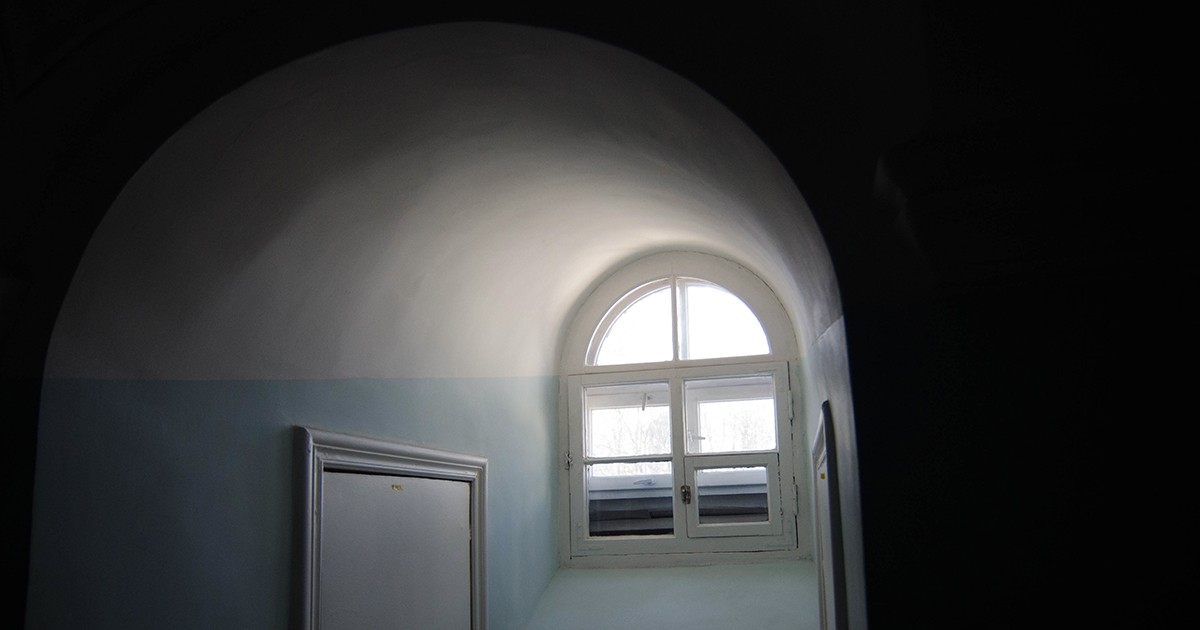
By Cole Chamberlain
It’s late winter. The tiny bedroom in my creaky apartment doesn’t have any windows so I don’t know what time it is. Darkness could mean anything. It is 2020, and I have a fever. We know what that means.
It ended up being the flu, but it set the tone for quarantine. Huddled alone in my bedroom, blanket and the cat keeping me warm, I watch too much TV and sob into the pages of Agatha Christie novels wondering how Miss Marple copes with so much death. I listen to Anderson Cooper after smoking a cigarette on the fire escape. My sheets smell like smoke; my breath is sour. I don’t really do this—smoke—but I had a pack in my old raincoat from that one night in the fall—the night with the cute guy who left the bar to smoke. My friends and I thought he looked like heaven, so, thirty minutes later, we were laughing, tripping on even sidewalk, and spewing smoke into the misty night that never wanted to end.
I eat a 7-Eleven salad before smoking again. Anderson Cooper tells me the worst, and my friends text me. Everyone is afraid. I feel lonely, but okay. This panic is new to everyone, but I’ve been training for this. General anxiety and fear of death—nothing new in my brain. But I suppose the lonely is enough to be a problem.
I sit in my mom’s yard, refusing to go inside or get close. A month of loneliness must have been unbearable for her. She wants to believe they are wrong about the virus. She has just begun getting better after nine months of severe, at times life-threatening, illness. Her yo-yoing moods have finally risen to the point where she regularly says, “I don’t want to die,” as if it has only just occurred to her. I tell her she needs masks; she just says, “really?”
Midsummer. I’ve decided to go inside. I haven’t been in contact with anyone for months and say I’m not putting Mom at risk. It would be more likely for her to infect me, as she has struggled to keep herself from her friends. We watch murder mysteries and TV dramas, trying to avoid the news. When we can no longer resist, we change the channel. When Trump speaks, I try not to look at Mom. She knows I’m angry. I know she’s scared. We’ll be silent until it’s time for the newest episode of Reese Witherspoon and Kerry Washington’s show. We’ll trade “She’s so talented “s about the two actresses until it’s time for bed.
It’s fall. I have no money. Work cut me to part-time, then as-needed. I’m not needed. I’ve taken on more part-time jobs and started delivering other people’s take-out. Sometimes I feel like I’m spending more money on gas than I make, but I can’t bear to do the math. It’s lonely in the car, but it’s lonely everywhere. I’m used to a bit of solitude, but this is different. An event is happening. It is taking so long to happen that it begins to feel strange to call it one event, but this is one bold-titled section of a future history book.
An event is happening; I can attribute all of my negative feelings to said event. I stopped taking my medicine because the sadness and anxiety are just COVID. Right? I can imagine a sunny post-COVID world where I feel at home with my family, and I actually connect with my friends. Only COVID is in my way.
I struggle to sleep, thinking about all the places I’m sure I’ll go with friends when this long event is over. I struggle to sleep, knowing that the saturated image flickering in my mind will never be real because I’ve never laughed the way the face in my head laughs. I’ve never looked like him. But COVID is that disconnected feeling. Surely when it is over . . .
I struggle to sleep when I think about my memories of cold nights chanting in the street. I don’t want to believe I felt the hollow even then. The disconnect was always there, but now this isolation makes me believe the memory was magical and perfect. Just like the future will be.
This pain is just COVID. The future is bright. I tear up, and my throat clogs with mucus and, when I consider my body aches, I manage to convince myself these are symptoms of COVID and not too many nights up late crying.
I have to leave my apartment, move back to Illinois to the basement bedroom that was mine in high school. I wonder if my dad is disappointed. I wonder if he’d ever say so. I fall asleep dreaming of the future, just like I did in high school. I wonder if that will ever change. My basement has one window.
When this is all over, everything will be okay. When this is all over, I’ll have the job I want, and the friends I want, and the mom I want, and I’ll be the son she wants, and we’ll have the president we want. I’ll have the money I want to give my dad the basement he wants. When this is all over, I’ll only sleep at night and reserve my pacing for the day. When this is all over, I won’t want to be somewhere else all of the time.
When this is all over, I will have no pandemic to blame.